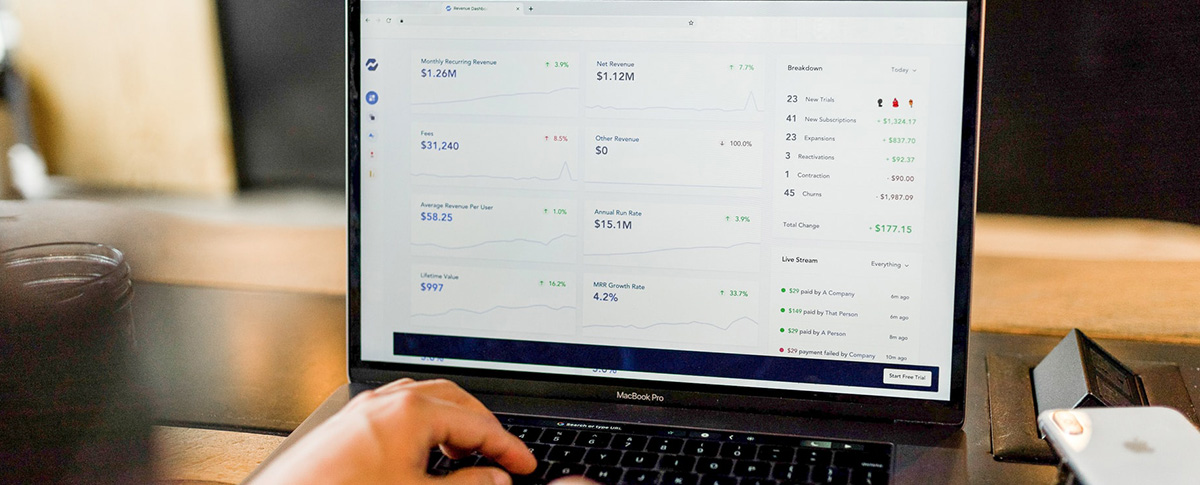
Bookkeeping Tips to Know From Day 1
by Enterprise Starter Accounts & Financial Control Business
You’re up and running, making sales (and/or making expenses) and you want to be sure that your bookkeeping is tip top, or at very least won’t come back to bite you later. Besides working with a professional accountant, to avoid any mistakes along the way, here are five essential tips for things you should start doing from day one of your business setup to make your accounting easier (and cheaper):
Keep all original transaction records / receipts / invoices / documents:
Probably the most important tip. If you start keeping and recording your costs on the first day instead of trying to dig them out retrospectively then you will spare yourself so much extra work and frustration. Save all your VAT receipts – this is particularly important if you are VAT registered. A VAT receipt is one that has the VAT amount specified on it and will also have the VAT number of the business. It is advisable to store every receipt digitally so you know they won’t get lost; either use your smartphone to take photos of your receipts and invoices or scan them, and then upload them to a cloud folder on, for example, Google Drive or OneDrive. Even better, use a bookkeeping app such as Xero, which will not only store your receipts but also automate the process of adding the expense to your accounts.
Separate your personal and business finances:
One of the first things you should do when establishing your business is to open a business bank account. All of your business related financial transactions will be clearly separate from your personal transactions. This will make tracking and filing much easier. If you choose to open your bank account with our banking partners, Tide, you’ll receive £100 cashback when you deposit £1. The account is fully FSCF protected and fully business minded, setup with entrepreneurs in mind. We bank with them!
Plan ahead for major payments:
You probably know when taxes are due, or maybe you don’t. Either way, get to grips with the percentages of tax you need to pay and put aside that money every month. When the tax bill arrives, you won’t have a nasty surprise. Major payments can also be for stock or supply orders, employee bonuses, upcoming workspace renovations, the list goes on and is very much dependent on your line of business.
Set strict deadlines for credit terms
Many businesses give their clients the option to pay later and it’s okay if you opt to do so. However, setting a deadline for when the money should be paid is important and will prevent uncomfortable situations in the future. Include this date on your invoice. We always include the “Due Date” on our invoices. We found that doing so actually helped our clients to pay on time. Putting, “Due in 14 days”, means they had to work it out themselves. Most didn’t. You deserve to be paid on time, don’t forget that.
Hire a professional
Although it’s highly recommended that you learn the basic principles of business finance and bookkeeping, having a professional accountant will be a game changer for you. If you become a member at Enterprise Starter, you’ll have an accountant with years of experience handling your finances; making sure there are no mistakes; and that your numbers are correct. Our team will guide you and are only a phone call away when you need our support.
Accounts and Financial Control is one of the 7 Key Areas of support that the Entrepreneurial Team at Enterprise Starter will provide you as a member! Join us today and work with an experienced and professional accountant and reach your business’ potential!
Find out more information about our membership or contact us through email, startsomething@entreprisestarter.com